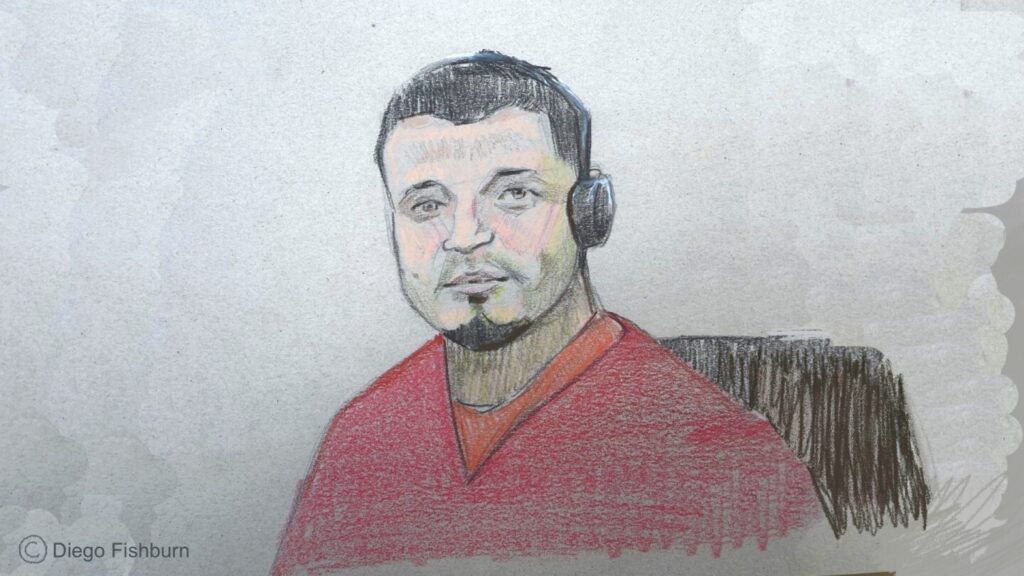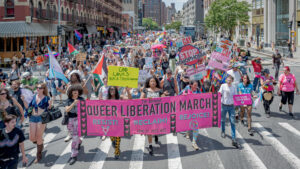
Kilmar Abrego Garcia has revealed harrowing experiences of severe beatings, sleep deprivation, and psychological torture during his detention in a notorious El Salvador prison. These allegations were detailed in court documents filed on Wednesday, shedding light on the conditions he faced after being deported by the Trump administration in March.
Abrego Garcia reported that upon his arrival, he was subjected to frequent physical abuse, resulting in visible bruises and lumps covering his body by the next day. He described a nightmarish scenario where he and 20 other detainees were forced to kneel all night, with guards assaulting anyone who fell. These new details have been added to a lawsuit filed by his wife in a Maryland federal court, challenging the Trump administration’s actions.
Background of Deportation and Legal Struggles
Abrego Garcia was residing in Maryland when he was mistakenly deported, becoming a focal point in President Donald Trump’s stringent immigration policies. Despite a 2019 order by a U.S. immigration judge prohibiting his deportation due to the risk of persecution by local gangs in El Salvador, the administration proceeded with his removal, later citing an “administrative error.”
The Trump administration has since requested the dismissal of the lawsuit, arguing that the case is moot as Abrego Garcia has been returned to the United States. However, the deportation has continued to spark controversy, with officials doubling down on allegations linking him to the MS-13 gang, a claim his attorneys vehemently deny.
Conditions in El Salvador’s Mega-Prison
Upon deportation on March 15, Abrego Garcia was incarcerated at the Terrorism Confinement Center (CECOT), notorious for its harsh conditions. In the court documents, he described being confined to metal bunks without mattresses in an overcrowded cell lacking windows, with bright lights on 24 hours a day and minimal sanitation access.
Prison officials allegedly threatened to transfer him to cells with gang members, suggesting he would be “torn apart.” Abrego Garcia recounted witnessing violence among detainees and hearing screams throughout the night. His health deteriorated rapidly, leading to a weight loss of over 30 pounds within two weeks.
Political and Legal Repercussions
The situation drew attention from U.S. lawmakers, including Maryland Senator Chris Van Hollen, who visited Abrego Garcia in April. The senator reported that conditions had slightly improved following his transfer to a different detention center.
Despite the Trump administration’s compliance with a Supreme Court order to return him to the U.S., Abrego Garcia now faces federal human smuggling charges in Tennessee. Attorney General Pam Bondi described his return as a reflection of “American justice,” while his attorneys criticized the charges as “preposterous” and an attempt to rationalize his wrongful deportation.
Current Legal Proceedings and Future Implications
A Tennessee federal judge has ruled that Abrego Garcia is eligible for release under specific conditions as he awaits trial. However, his attorneys have requested he remain in custody due to fears of another deportation attempt upon release. Justice Department spokesman Chad Gilmartin confirmed plans to prosecute him on smuggling charges before any further deportation efforts.
Separately, Justice Department attorney Jonathan Guynn indicated plans to deport Abrego Garcia to a “third country” that is not El Salvador, though no timeline has been established. His attorneys argue that these plans heighten the risk of immediate deportation, complicating his legal situation further.
This case highlights ongoing tensions and complexities within U.S. immigration policy, particularly regarding deportations to countries with known human rights abuses. The outcome of Abrego Garcia’s legal battles may set significant precedents for future cases involving deportation and asylum claims.






